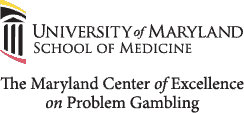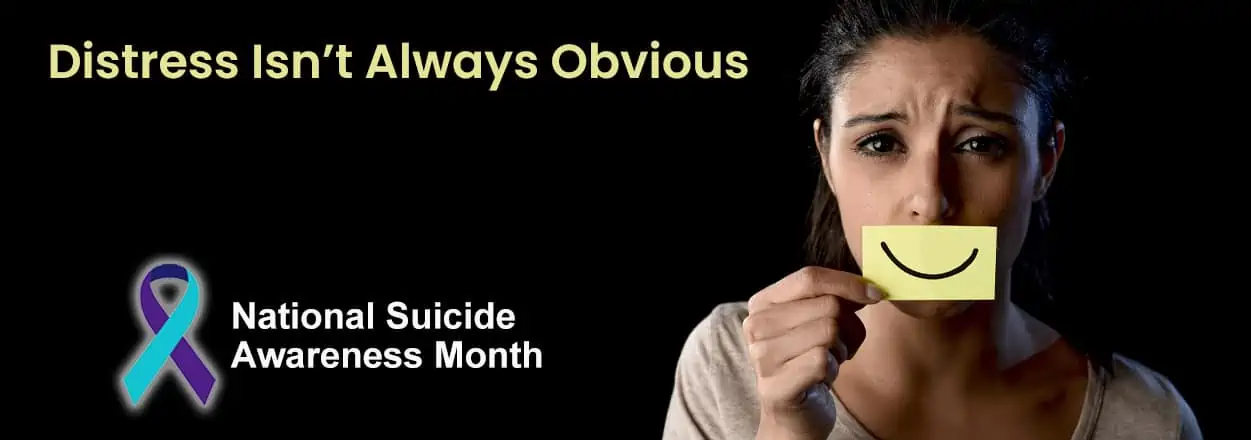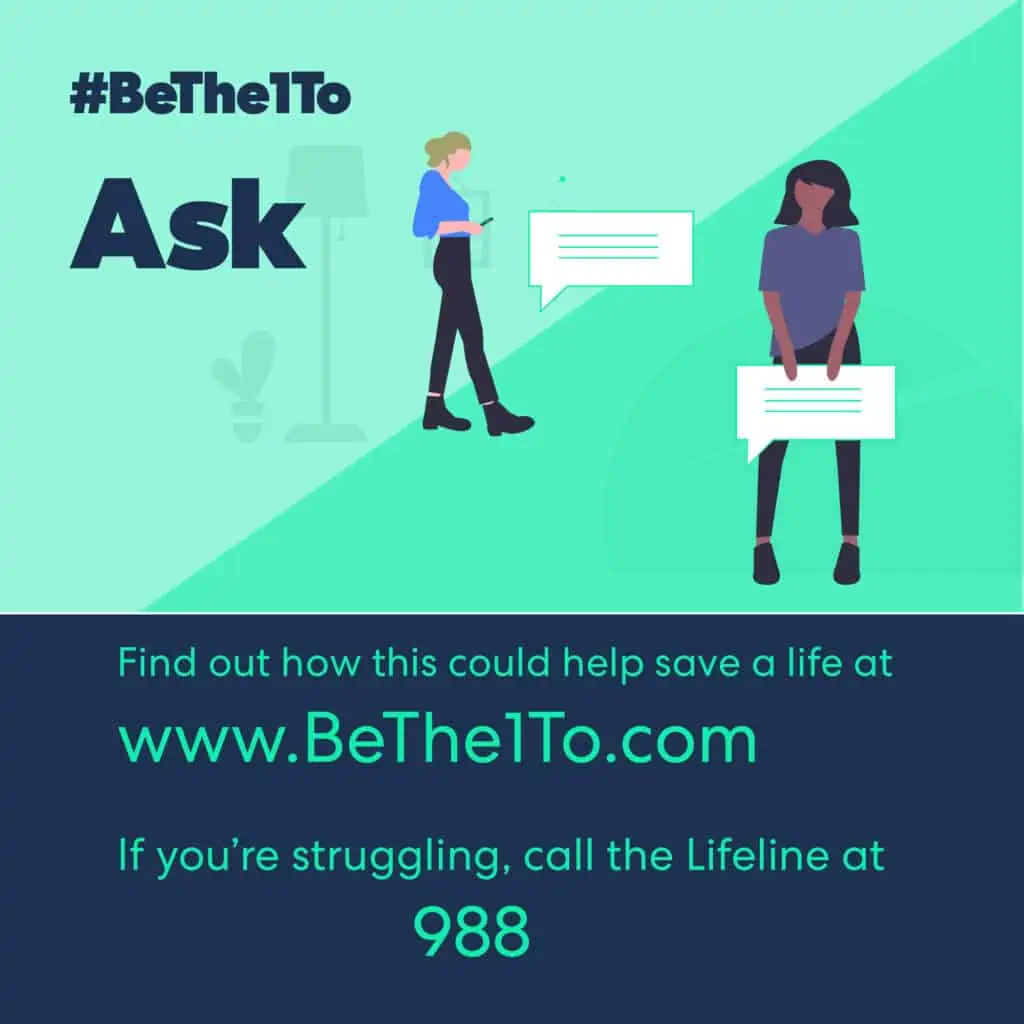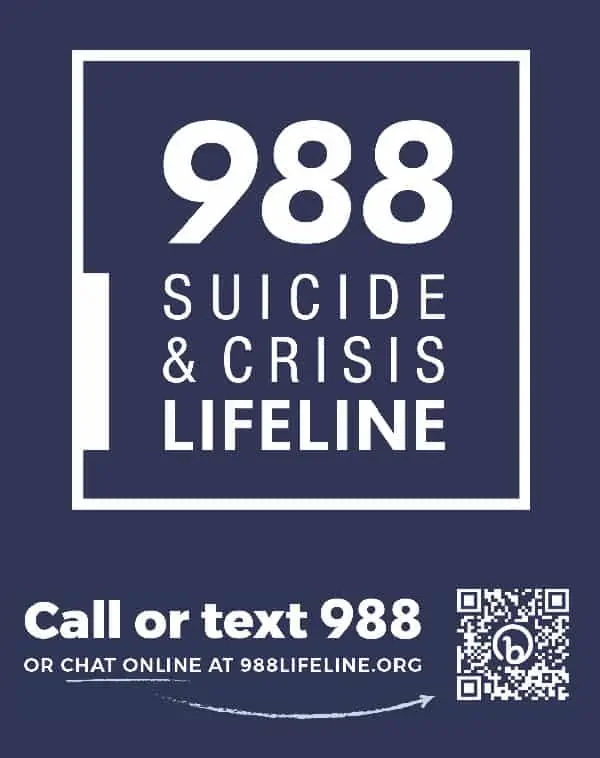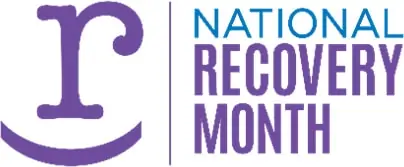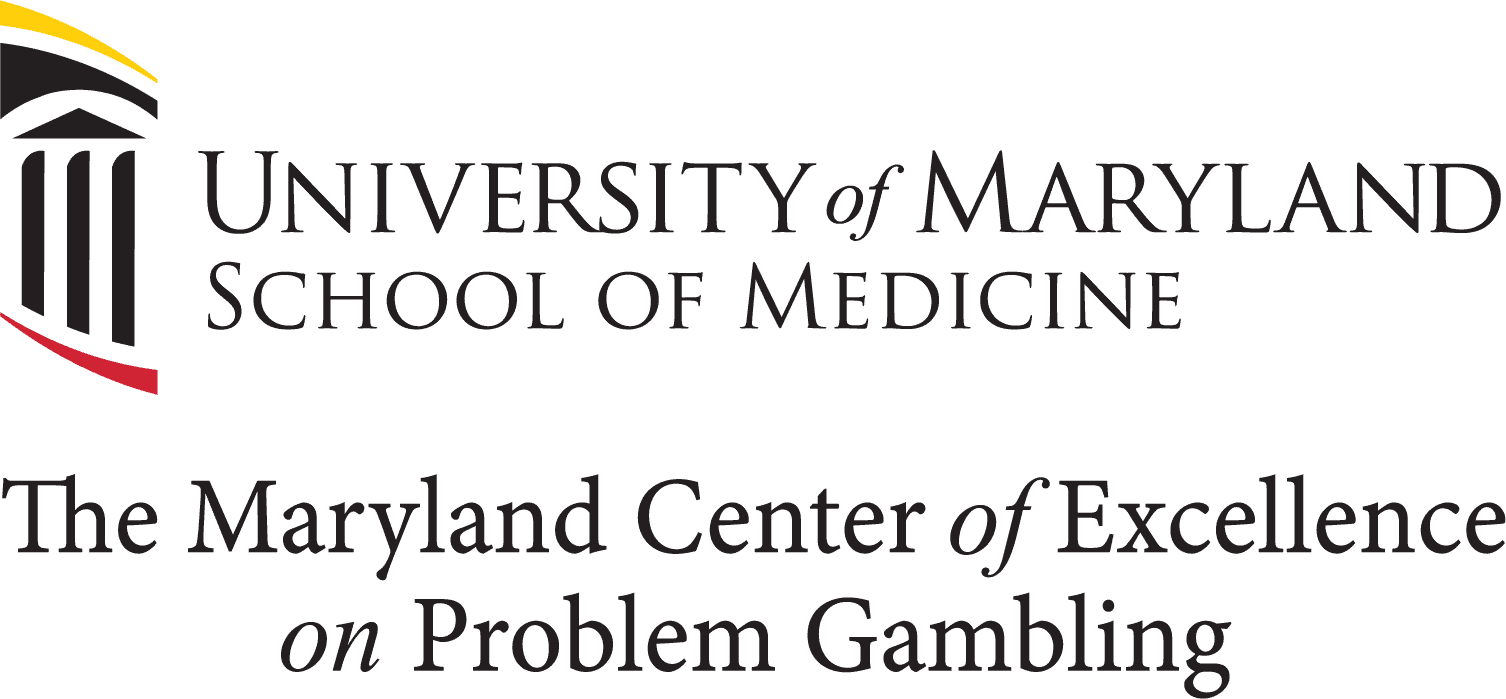September is Suicide Prevention Awareness Month
The relationship between gambling and suicide is now more apparent than ever. Gamblers who report high-risk gambling behaviors are at increased risk of suicide. They can feel alone and their distress isn’t obvious. Suicidal ideation may be viewed as a way of escaping life in turmoil or a perceived world that is destroyed.
Did you know?
Nearly 50% of people struggling with problems due to gambling/gambling addiction have had thoughts of suicide.
Supporting someone who is feeling in distress and/or has thoughts of suicide: The five action steps for communicating with someone who may be suicidal are supported by evidence in the field of suicide prevention.
ASK – Asking the question “Are you thinking about suicide?” communicates that you’re open to speaking about suicide in a non-judgmental and supportive way.
BE THERE – Being there for someone with thoughts of suicide is life-saving. Increasing someone’s connectedness to others and limiting their isolation (both in the short and long-term) has shown to be a protective factor against suicide.
KEEP THEM SAFE – If they have immediate access to a firearm and are very serious about attempting suicide, then extra steps (like calling for emergency help or driving them to an emergency department) might be necessary.
HELP THEM FEEL CONNECTED – Helping someone with thoughts of suicide connect with ongoing supports (like the 988 Lifeline) can help them establish a safety net for those moments they find themselves in a crisis and reduce feelings of hopelessness.
FOLLOW UP – After your initial contact with a person experiencing thoughts of suicide, and after you’ve connected them with the immediate support systems they need, make sure to follow-up with them to see how they’re doing. Leave a message, send a text, or give them a call.
To find out more go to https://www.bethe1to.com/ and help make a difference in a person who needs help.
Suicide
Facts & Figures
- Suicide is among the top ten leading causes of death in the US
- Since its establishment in 2005, Lifeline has received over 23 million calls
- 22% of the 43,000 Maryland callers to Lifeline were Veterans
- Maryland Lifeline calls have increased 69% Since 2016
- Each call to 988 Lifeline instead of 911 can save thousands of dollars to taxpayers
- 90% of Lifeline callers report that a follow up call kept them safe
Risk Factors &
Warnings Signs
- Loss – financial, self-esteem, valuable relationships, job
- Coping with mental health and/or substance abuse issues
- Being a burden to others
- Feeling trapped
- Unbearable pain
- Isolation and loneliness
- Feeling of hopelessness and helplessness
Peer Recovery Support
KNOW THAT… You are not alone – There is Hope.
Getting your life back on the road to recovery from harmful gambling behaviors and creating a life of health and wellness is a journey that requires time and energy. Relapses are not uncommon, feelings of hopelessness may return and become overwhelming. But you are not alone.
KNOW THAT… Recovery is possible.
A Peer Recovery Support Specialist can provide an additional level of support as they have lived experience in addiction and have walked a similar path. A Peer will be there, listening and supporting you every step of the way to limit, control or stop your gambling behavior. A Peer will help you feel Safe & connected to the resources you need including “no cost” treatment. A Peer will follow up with you and support you on your recovery journey.
September is also National Recovery Month. This month start on the road to recovery with the help of a Peer Recovery Support Specialist. Peer Recovery Support for problem gambling/gambling addiction helps widen the doorways of entry into treatment and recovery: CLICK HERE to learn more and get valuable resources.
If you or someone you know is struggling with a gambling problem, help is available. Call or text now to talk to a trained professional.

